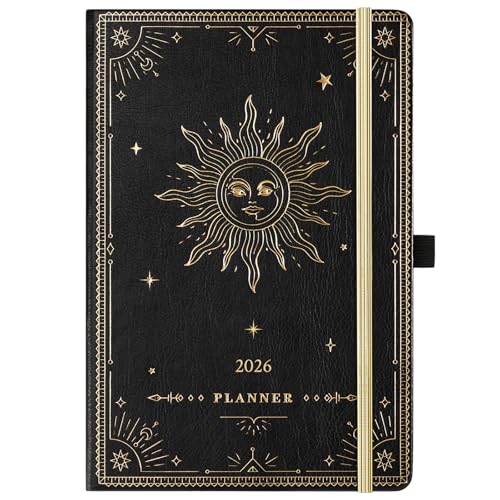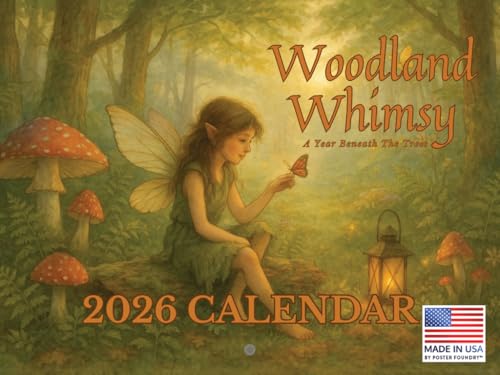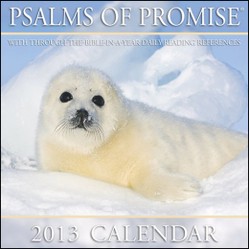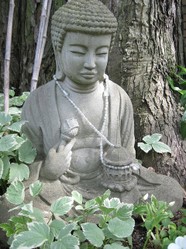The term "pagan" is a Christian adaptation of the "gentile" of Judaism, and as such has a bias towards monotheism, and pejorative connotations among Western monotheists. For this reason, ethnologists avoid the term "paganism," with its uncertain and varied meanings, in referring to traditional or historic faiths, preferring more precise categories such as polytheism, shamanism, pantheism, or animism; however others criticize the use of these terms, claiming that these are only aspects that different faiths may share and do not denote the religions themselves.
Animism: belief in or respect for the spirits of animals.
Neo-paganism: people today who feel inspired by European pagan traditions like wicca, Celtic and Germanic traditions.
Pantheism: belief in the Divine in Nature, instead of a God outside of creation.
Polytheism: belief in many gods.
Shamanism: spiritual tradition in which a direct connection with the Divine by a shaman is the central practice.
Pagan Holidays
A good pagan calendar will contain the dates of the basic pagan holidays as a matter of course.
The most commonly celebrated Pagan Holidays are the solstices (Winter, Spring, Summer and Autumn). These coincide with the equinoxes of the same. Then there are Imbolc, Beltane, Lughnasadh and Samhain (better known as Halloween).














 Fresh ideas for Christmas Stocking Stuffers 2024on 06/02/2016
Fresh ideas for Christmas Stocking Stuffers 2024on 06/02/2016
 Best Makeup For Red Skin to conceal rednesson 04/07/2016
Best Makeup For Red Skin to conceal rednesson 04/07/2016
 How to get rid of red cheeks, or manage themon 04/07/2016
How to get rid of red cheeks, or manage themon 04/07/2016
 Top Multi-tasking Laptops - dualcore vs quadcore or upon 04/05/2016
Top Multi-tasking Laptops - dualcore vs quadcore or upon 04/05/2016



Comments